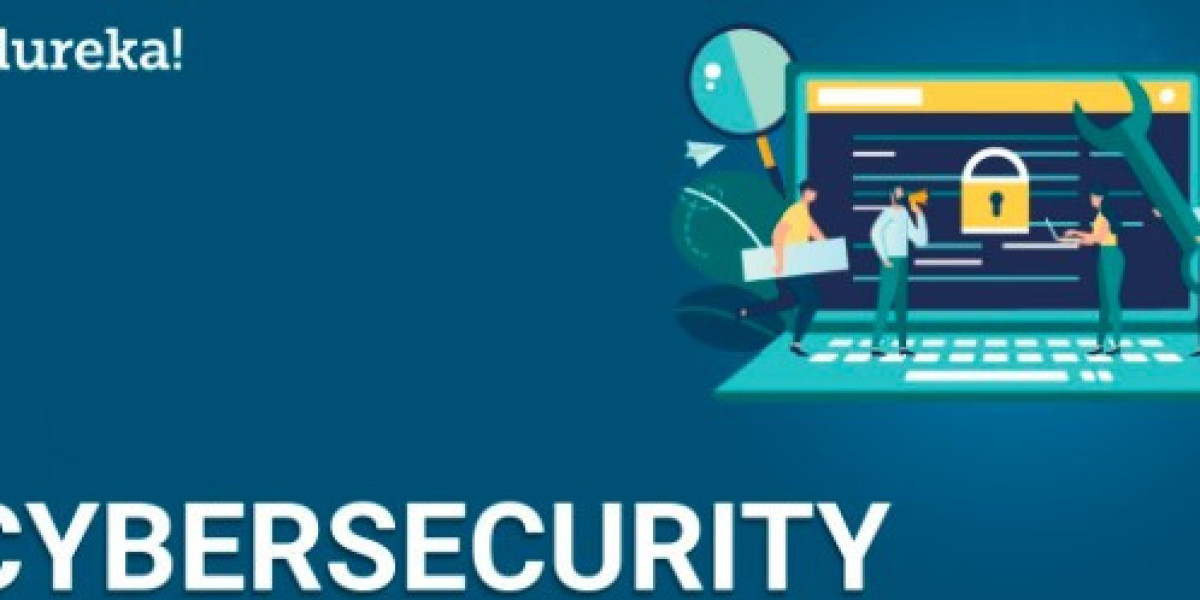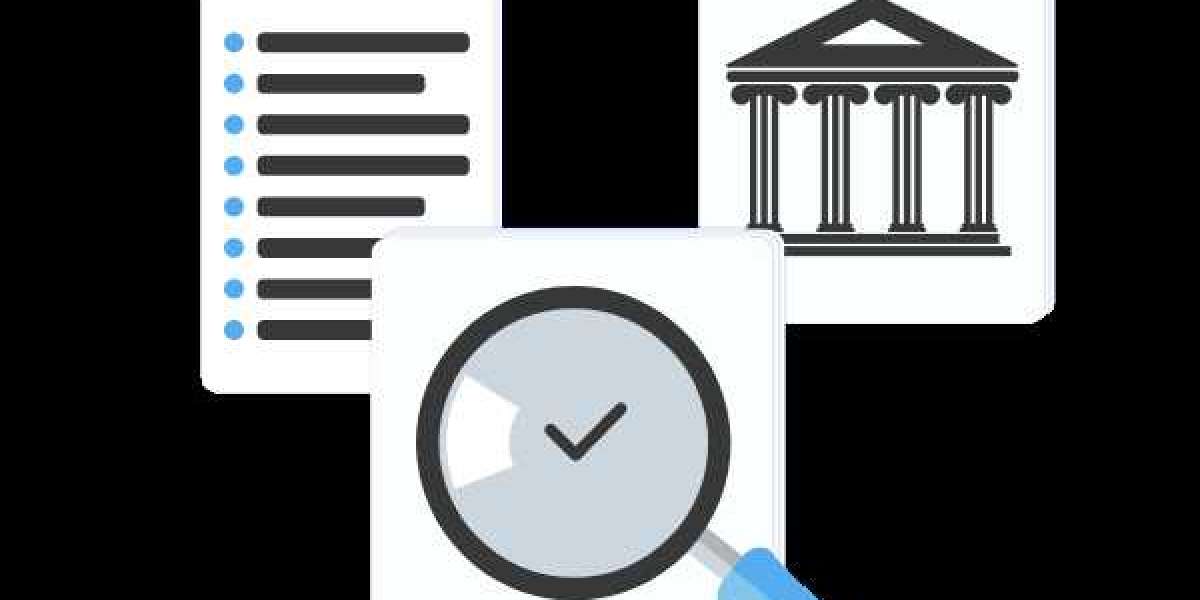Ethical hacking, a Trojan, or Trojan horse, refers to a type of malicious software (malware) that appears to be legitimate or harmless but contains hidden malicious code or functionality. It is named after the famous Greek mythological story of the Trojan horse, which involved a deceptive wooden horse used to infiltrate and attack the city of Troy.
Here are some key points to understand about Trojans in ethical hacking:
1. Nature of Trojans: Trojans are designed to deceive users by disguising themselves as legitimate or desirable software, such as games, utilities, or useful applications. Once installed or executed, the Trojan performs actions that are typically malicious, unauthorized, or unwanted, without the user's knowledge or consent.
2. Payloads and Functions: Trojans can have various payloads and functions, depending on the attacker's intentions. They may be designed to steal sensitive information, such as login credentials or financial data, create backdoors for unauthorized access, deliver other types of malware, hijack or manipulate system resources, or perform other malicious activities.
3. Infection Vectors: Trojans are typically spread through social engineering techniques or by disguising themselves as legitimate files or attachments. Common infection vectors include malicious email attachments, software downloads from untrusted sources, drive-by downloads from compromised websites, or social engineering tactics such as phishing emails or deceptive advertisements.
4. Detection and Prevention: Detecting Trojans can be challenging because they often appear as legitimate files or software. Antivirus and anti-malware programs employ signature-based and behavioral detection techniques to identify known Trojans and suspicious behaviors. It is crucial to keep security software up to date and practice safe browsing habits, such as avoiding downloading files from untrusted sources or clicking on suspicious links.
5. Ethical Hacking Use: Ethical hackers may use Trojans as part of their penetration testing or vulnerability assessment activities, with proper authorization. These Trojans, known as "ethical Trojans" or "white hat Trojans," are employed to identify vulnerabilities in systems and assess their susceptibility to malicious attacks. They help organizations understand their security weaknesses and implement appropriate countermeasures.
6. Legal and Ethical Considerations: It is important to note that using Trojans without proper authorization or for malicious purposes is illegal and unethical. Ethical hackers must follow a strict code of conduct and adhere to legal guidelines and agreements when performing security testing. Unauthorized use of Trojans can result in legal consequences and compromise the integrity and trustworthiness of ethical hacking practices.
Trojans pose a significant security risk as they can bypass traditional security defenses and deceive users into running malicious code. Ethical hackers play a crucial role in identifying and mitigating these risks by assessing system vulnerabilities, implementing proper security measures, and educating users about safe computing practices. By obtaining CEH Certification, you can advance your career in Ethical Hacking. With this course, you can demonstrate your expertise in network security, session hijacking, cryptography, system penetration testing, building firewalls, footprinting, many more fundamental concepts, and many more critical concepts among others.



